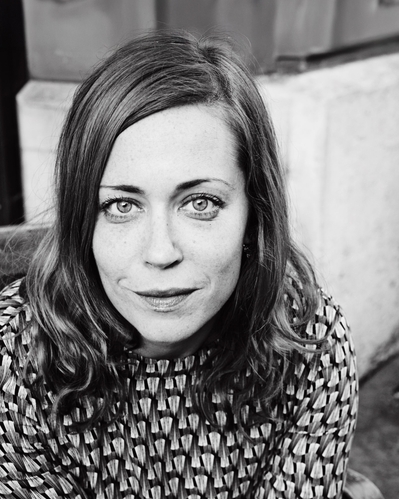A Rock Star on Tour
Debut |
What is your motivation for doing Tannhäuser today?
There are so many parallels between the opera characters and today. Sometimes it is electrifying how topical some things seem to us. Tannhäuser's inability to fit into a world, his inner turmoil, his drifting into hallucinations. And when we think about what psychologists tell us about Generation Z, in which many suffer from massive depression and anxiety disorders because they are torn between an online world and a real life. When we hear about people who are torn between morality, money, success, freedom, family and more - these are all questions and challenges of our time.
Are you interested by demonstrating these phenomena or by saying: I'm trying to solve a problem here?
I can't solve problems in the theater. If I wanted to do that, I would be a politician. I'm interested in a dynamic, respectful approach to our age, in a critical relationship with our world, in asking questions. That is my job.
But is your Tannhäuser a realistic story? Baudelaire said that the characters are only principles.
We are undoubtedly moving in a sphere of metaphors, we have passion and pleasure on the one hand, duty and piety on the other. These are archetypal worlds, brought to life by the music. But the piece also has an enormous subjectivity and we also play with perspectives: There is an "objective" stage, then again we are suddenly, through changes of light and movement and strange apparitions, in Tannhäuser's head.
The whole thing oscillates between realism and a subjective view. This is how we make these metaphors more human and bring them closer to us. So that it's not just an academic construct between duty and desire, but a hero's journey - a hero who fails completely.
So is the world of Venus in Tannhäuser's head or is it real?
Venus has to develop a certain tactile, real quality on stage, after all she can be seen long enough.(laughs) But it's not certain whether she's not just a figment of his imagination or whether he was really with her. Incidentally, there are other characters in the play who would also like to be there..
The second act is then a bit Macbeth-like, you see the ghosts from the first act again. There is again the tension between the subjective and objective world, we have slow motion and changes of light, Tannhäuser has flashbacks.
No matter how hard he tries to keep these worlds apart, it is not possible. He fails in his attempt to chop off a part of himself, so to speak, in order to live a different existence. This is a conceivable goal, but it cannot be achieved.
Is there a better and a worse world for you? Is the world of Venus a good one? Is the harsh one in the second act the more frightening one?
The fact that the second act takes place around 1938 - even though there is no Nazi symbolism - naturally results in a negative portrayal. Whereas the first act is set in a kind of cabaret world, vaudeville-like, reminiscent of the 1920s. The costumes are based on Otto Dix, Max Ernst and other artists who were later defamed as "degenerate". It's a world that I personally would like to be in, it's inviting, attractive.
What we are doing in parallel as a second level is to trace the history of the theater a little: The first act is like a Dionysian festival, pre-theatrical, an age in which ritual was of great importance and in which the performers and spectators were not separated. Then it becomes more familiar to us, a theater with performers and a paying audience, and finally we end up in a no man's land with screens, where the contact between those who produce the content and those who consume it is broken. When Tannhäuser dies, the dream of a more sensual theater returns - a kind of fever dream at the moment of his death.
"With us, Wolfram is in love with Tannhäuser.
In love with Tannhäuser the man.
And he's jealous that he can't be so authentic and live out his life."
And to what extent is society afraid of Tannhäuser?
They may well be afraid of his excesses, of forgetting themselves, of leaving their correctness and squareness behind. Or it may just be feigned indignation, a social construct, because how many people have always had a secret sex life, have cheated - but they don't say so. Some are not afraid at all, but just pretend to be indignant.
For Wagner, compassion for Tannhäuser in the second act was a very important aspect. Can you relate to that?
Yes, definitely! He loses everything, the chance of a happy love for Elisabeth is gone, all he has left is the opportunity to somehow save himself and find redemption.
Redemption from what? From its authenticity?
In front of oneself. In the sense of: Save me from what I want. That is the cry of every addict.
Our heart usually beats for a certain character. Which one is it for you?
Interestingly enough, Wolfram. Because we all want to be Tannhäuser sometimes, to act incorrectly, even if it's agonizing. But to survive at all as a woman in our directing industry, you often have to adapt, smile a lot and be good.
It's really amazing, but women are allowed to let their hair down a lot less than their male director colleagues. Other parameters still apply. There are rules for everyone, but as a woman you have to keep an eye on a lot more rules. Wolfram is not a woman, of course. But I understand how he feels under the constraints of society.
